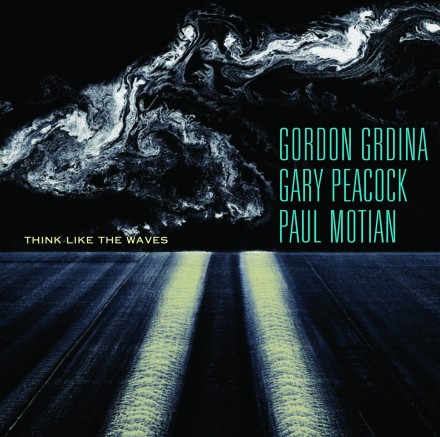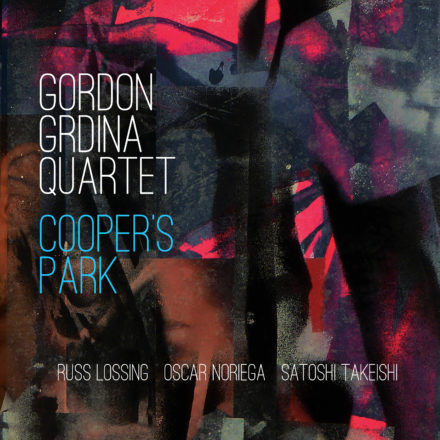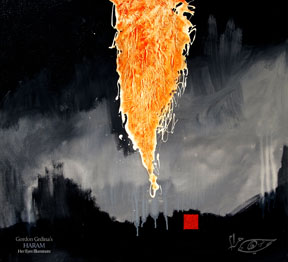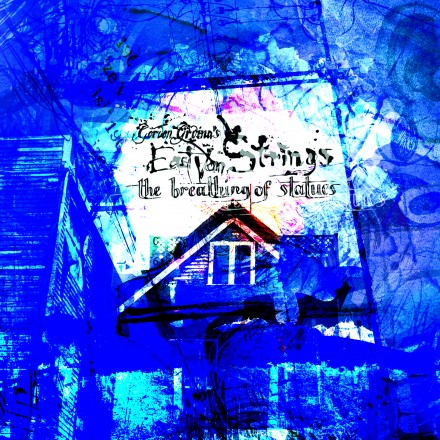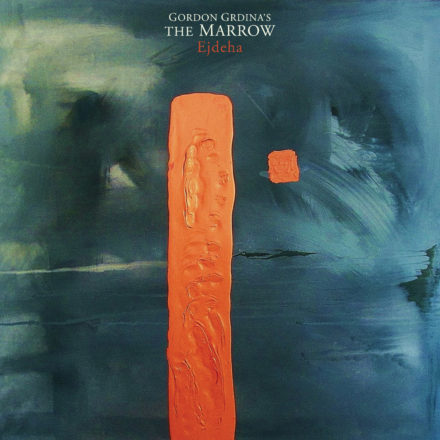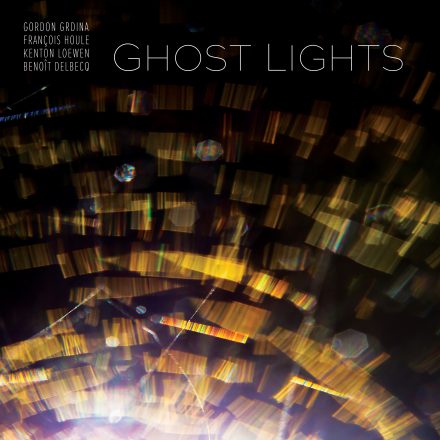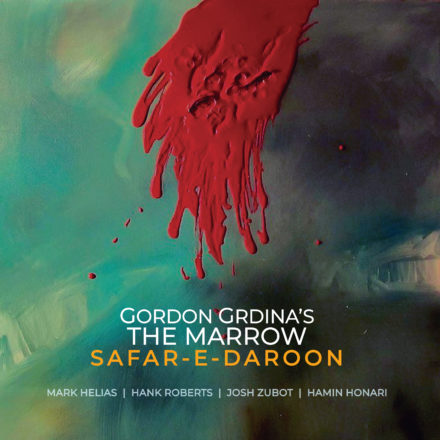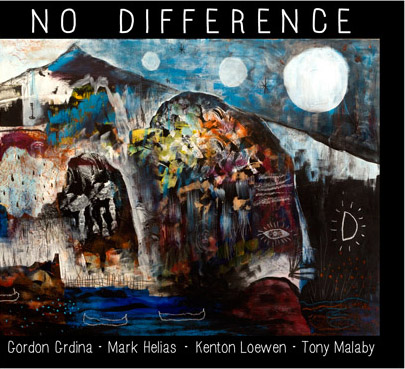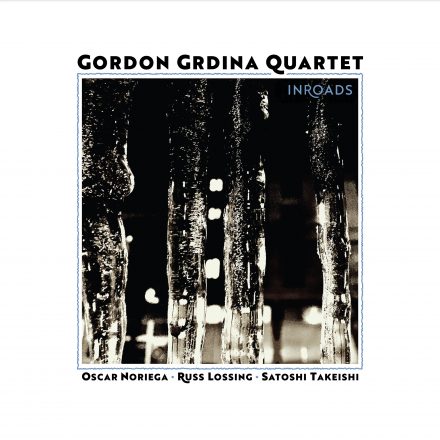Gordon Grdina / Gary Peacock / Paul Motian
Think Like the Waves
SGL SA1559-2“Grdina finds perfect communication with the rhythm section… Middle Eastern-meets-ECM chamber jazz in 14 wildly creative tracks.”
– Stuart Derdeyn, Vancouver Province
The young, Vancouver guitarist and oud player Gordon Grdina sought out Gary Peacock after a Keith Jarrett concert in San Francisco in 2000, and for the next five years Gary became his mentor and teacher. At their last meeting at Gary’s house in upstate New York there was virtually no discussion, they just sessioned together for an hour or so, and the next day Gordon asked Gary if he would do a trio record. Gary agreed, and helped bring Paul Motian (another of Gordon’s musical heroes) into the picture. Recorded in Brooklyn in January, Think Like the Waves is a remarkable international jazz debut, full of compelling original tunes by Grdina and deep interaction by the trio.
The record combines Grdina’s primary musical interests: mainstream jazz, free-form improvisation, and Arabic classical music. But diversity for its own sake was not his aim: “I wanted to bring together the oud and the guitar because I could hear the oud working so well with these two, and there’s something in the way they improvise which reminds me of the Arabic taqasim, the free-time improvised introduction to the melodic material of a piece. But I’ve tried to make the oud part of my complete musical experience, so that I can take it with me on any musical exploration without any preconceived idea about its musical role.” Many of the guitar tunes tap into a range of emotions on the melancholy and tender side while suggesting a tensile inner strength, which is then developed in different ways in the improvisations “I’ve found that the simpler and clearer the composition, the more room the improviser has to develop it. I wanted the pieces to be full statements in themselves that we as improvisers could comment on but not necessarily have to stay faithful to.”
From the almost straight-ahead (“Combustion”) to the quite abstract (“String Quartet #6”), the group explores improvisation in its purest form. There are solos, duos, and trio improvisations, but in each case the emphasis is on spontaneity and letting the music go wherever it will. “Music comes not from your head, but straight from what you’re hearing, with all its rhythmic/harmonic/melodic implications, and from having a connection where you’re getting as much of it out through your instrument as you can, without at the time having an intellectual understanding of it. It’s a different kind of thinking where you’re so involved in what you’re doing that your whole body is doing the thinking.”
Many of the pieces balance groove and pulse, strict tonality and a freer harmonic treatment. Grdina seems to draw particular inspiration from the jazz developments of the mid-60s to mid-70s: Jarrett, Paul Bley, Ornette… “There’s just something in that music that I gravitate towards, something about its simplicity and complexity all at the same time. Keith always sounds so fluid, and fluidity is what I hear in Ornette’s writing and playing as well. It’s not trying to be clever or complex. If it is complex that comes out of the need to express the melody more richly. In their music and improvisation, tonality is being stretched to its furthest point while still being tonal. Music like that, and by composers like Berg, Webern and Bartok, is what I’ve been particularly interested in.”
“A wonderful guitarist…a really impressive statement…” – Jason Bivins, Signal to Noise
“There is a tangible energy to everything Grdina lays his hand to. It has been some time since a young artist has sounded this impressive on an inaugural recording….an exciting new talent.” – James Hale, Coda
“…their collective improvisation is superb.” – About.com
“The prevailing ambience is one of dark mystery, but the ruggedness of Grdina’s tone makes for a palette of rich contrast.” – Jazz Times
